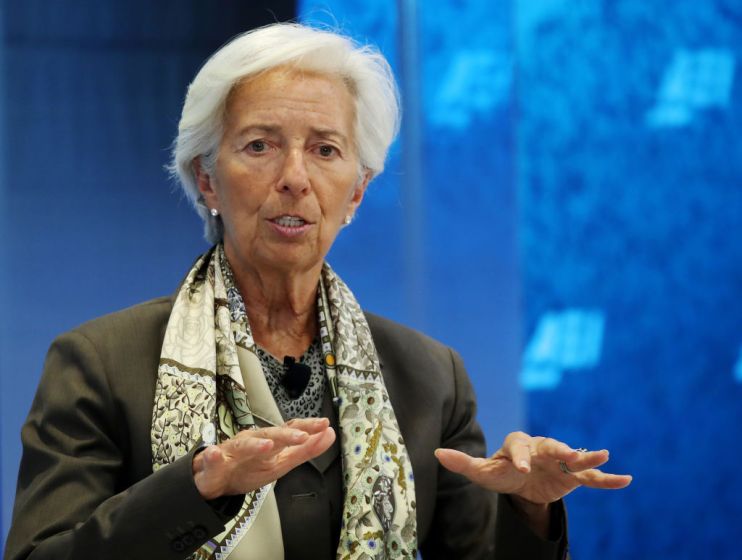ECB should issue digital euro, say Christine Lagarde

The European Central Bank (ECB) should issue a digital euro in addition to banknotes and coins, according to its president.
At the launch of a report on the possible issuance of a digital euro, earlier today in Frankfurt, ECB president Christine Lagarde said the euro should be “fit for the digital age”.
“Europeans are increasingly turning to digital in the ways they spend, save and invest. We should be prepared to issue a digital euro”, Lagarde told reporters.
The EU heavyweight identified a number of scenarios that would require the issuance of a digital currency, such as an increased demand for electronic payments in the euro area a continuing decline in the use of cash.
Moreover, as other central banks around the world have started to issue digital currencies, Lagarde stressed the time may be right for the EU to follow suit.
Trust
The former IMF chair further cited the rapid uptake of global private payment methods, which increasingly raise regulatory concerns with some posing risks for financial stability and consumer protection, as a reason to launch an EU-endorsed virtual currency.
“Our role is to secure trust in money,” Lagarde explained.
Speaking alongside the ECB president, Fabio Panetta, member of ECB’s executive board, said a digital euro would further support Europe’s drive towards innovation and further establish the euro’s role globally.
“It would contribute to its financial sovereignty and strengthen the international role of the euro”, Panetta said.
Concerns
One of the ECB’s main objections to a digital version of the euro is the risk it may displace traditional deposits, thereby hollowing out commercial banks and crowding out private solutions.
The ECB said in its report that deposits in digital euros would probably be capped and subject, at least in part, to the ECB’s interest rate on deposits, which currently stands at -0.5%.
The banking authority has given itself until mid-2021 to make a final decision whether to go move ahead with the project, which is now open for public consultation.
